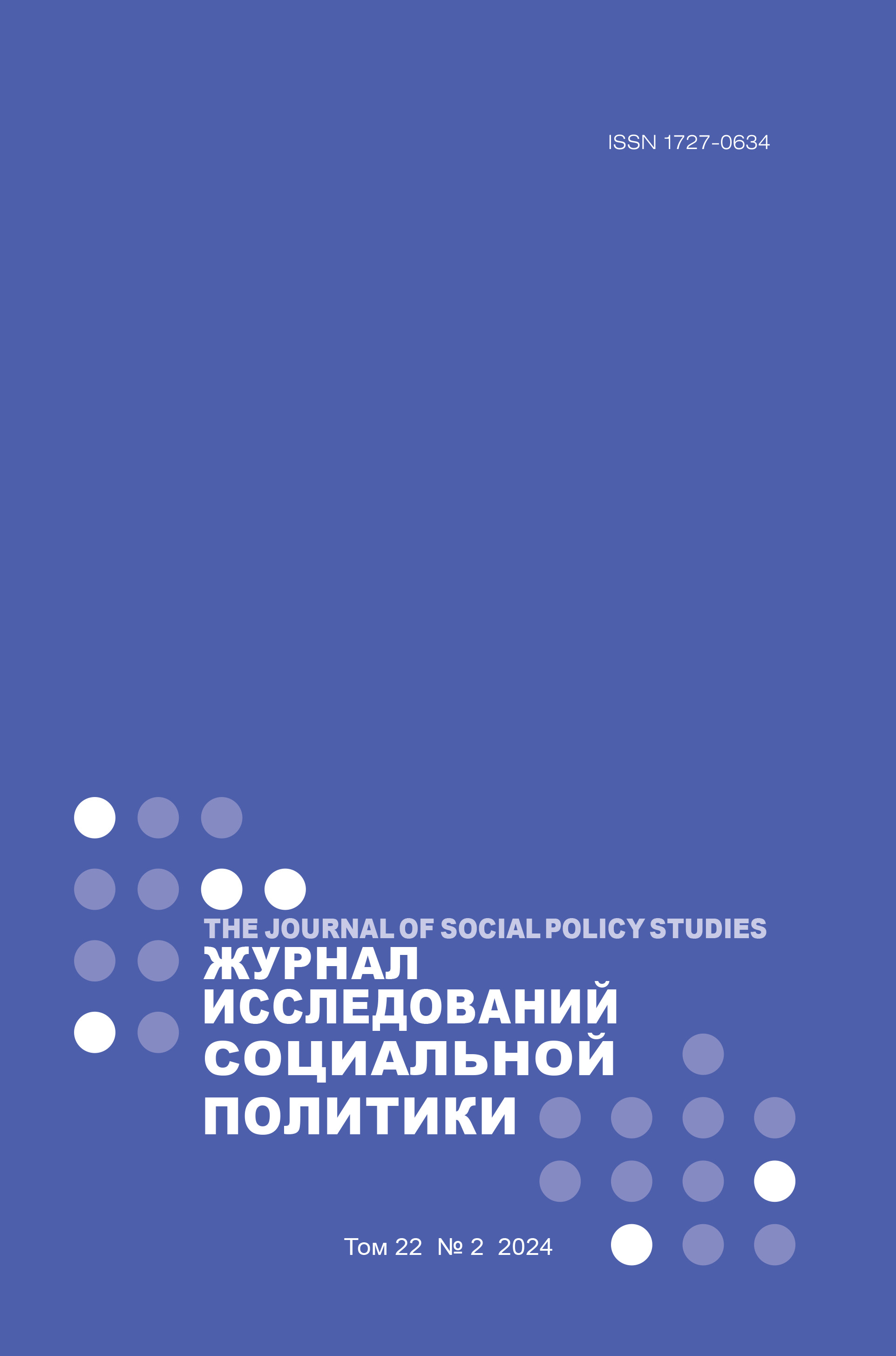Challenges of the 'Language of Inclusion': Naming People with Mental Disabilities
Abstract
From a critical discourse analysis perspective, language not only reflects but also produces social, cultural, and political processes. This article focuses on public discourse, i. e. texts about inclusive projects, in particular workshops, for a broader audience, and analyzes the nomination of beneficiaries and how word choice influences their representation. The research data includes web texts; a table of nominations; web corpus data (to check frequency and date of first registration); interviews in which participants (with and without medical conditions) were asked to express their attitudes towards certain expressions and to share their experiences. The article examines interpretations of the term 'people with mental peculiarities,' as well as current ideologies and reasons why it is problematic. Many expressions differ in their euphemistic and binding nature: 'people with peculiarities,' which can be 'mental', 'intellectual', or 'developmental', 'with impairments', 'mental' or 'intellectual'; 'with mental disabilities'; expressions with the adjectives 'special', 'peculiar', 'neurodivergent' etc. Although many of these terms are used as synonyms, they may, with additional connotations, denote categories that overlap only partially, and differ in the ideologies behind them. The main features highlighted are the variability and euphemistic nature of the names, as well as the novelty of some of them. 'The language of inclusion' is also euphemistic in a broader sense, as it is being formed, searching for correct expressions to designate those meanings and categories that constitute a social problem, proposing new ethical models. This language is aimed at those who are involved in the field and may not be clear to non-specialists. This is due both to the way this language works (dealing with professional fields and taking into account progressive ideologies) and to the lack of awareness.















